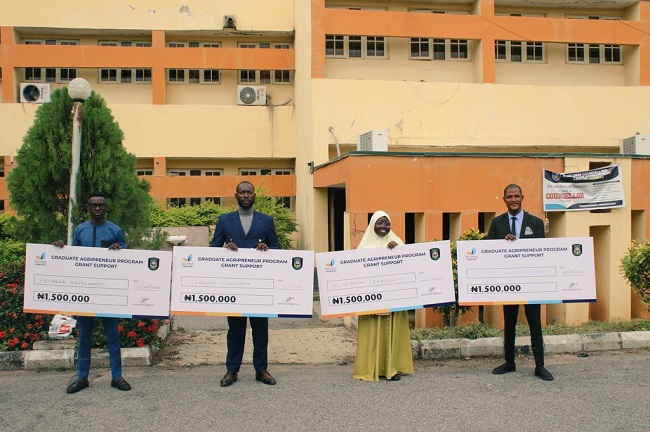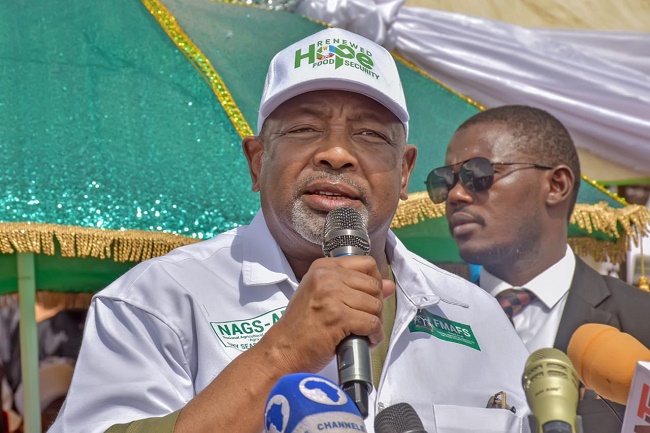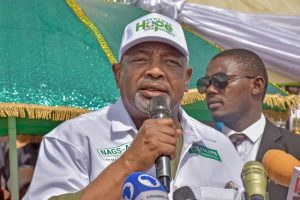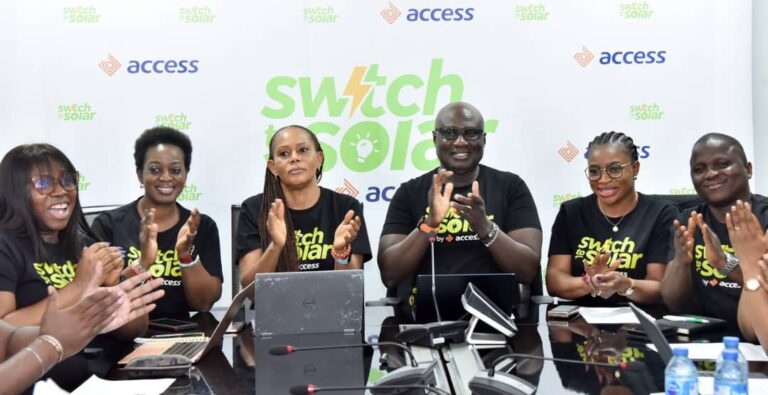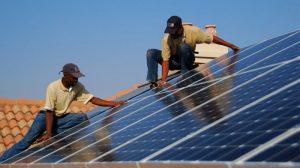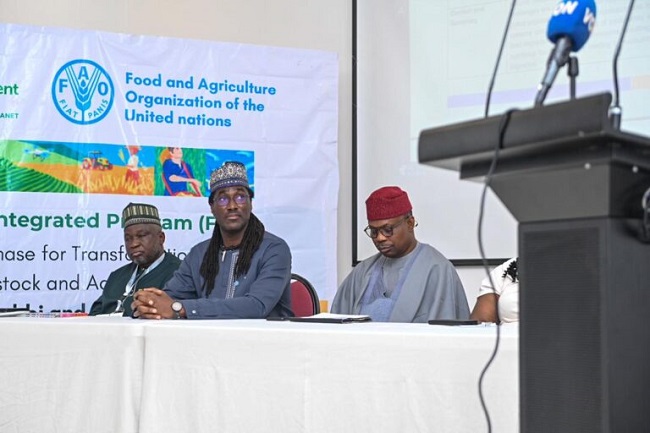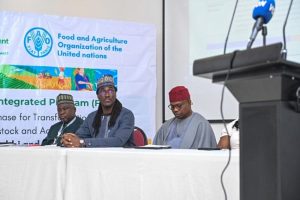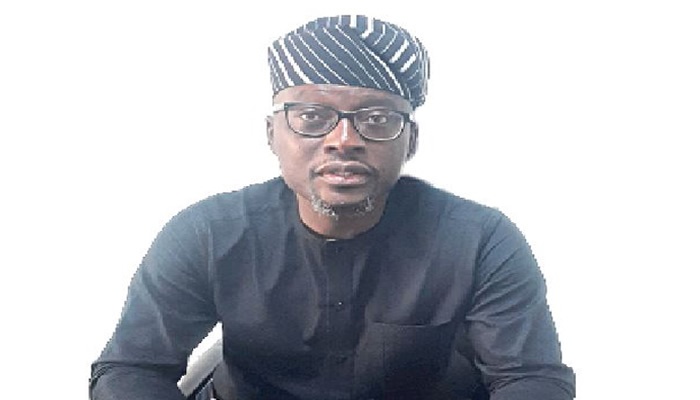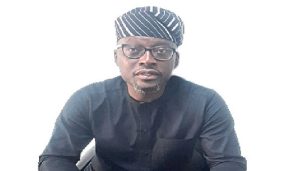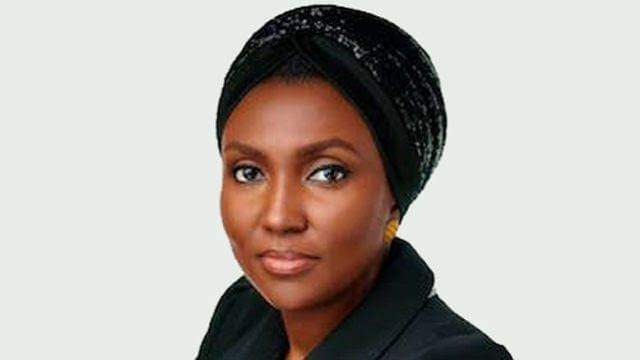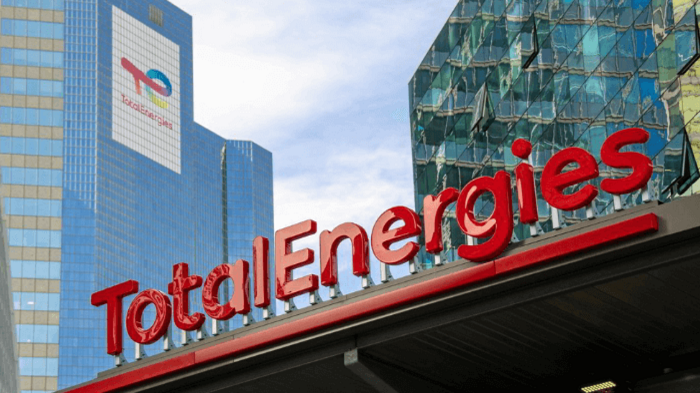The University of Ilorin in Kwara State in Nigeria has announced its active participation in the BATN Foundation Graduate Agripreneur Programme for 2024, an initiative that aims to empower graduates with entrepreneurial skills and opportunities in the agricultural sector.
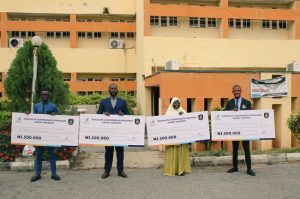
Out of eight innovative project proposals presented, four outstanding graduates have been selected as winners. Each winner received an award of N1,500,000 to support their agricultural venture.
The four winners awarded from the University of Ilorin are: Mustapha Ibrahim presented proposal on the Tomato Awakening Project (TAP), Olajire Adekunle Sherif on Catfish production, Oluwadare Ogunmonye for Maize production and Akinboye Anuoluwapo presented a proposal on scaling up his Tomato paste production.
Akinboye Anuoluwapo, one of the winners with his “Tomato Paste production,” expressed his gratitude and aspirations, saying: “I am honoured to be selected as a winner of the BATN Foundation Graduate Agripreneur Programme.
“This award will enable me to scale up my tomato cultivation project and contribute to food security in Nigeria. I am grateful for the support and mentorship provided through this programme.”
The event welcomed Mr Oludare Odusanya, General Manager of the British American Tobacco Nigeria Foundation (BATNF), a key partner in the programme. Mr Odusanya reiterated the Foundation’s commitment to fostering entrepreneurship and sustainable development in Nigeria through initiatives like the Graduate Agripreneur Programme.
“The Graduate Agripreneur Programme is a testament to our dedication to nurturing young talents and promoting innovation in agriculture,” said Mr. Odusanya. “We believe in the potential of these graduates to transform the agricultural landscape and drive economic prosperity.”
The graduates were chosen based on their innovative project proposals, commitment to sustainable agricultural practices, and potential for scalability. They will each receive mentorship and support from industry experts to ensure the successful implementation and growth of their ventures.
The award ceremony, held on the university campus at the Faculty of Agriculture, Sasakawa extension hall, was graced by the presence of esteemed stakeholders from the University of Ilorin and BATN Foundation.
Representing the university were: Professor Olubunmi Abayomi Omotesho, Deputy Vice-Chancellor (Academic), representing the Vice-Chancellor, Prof. Wahab Olasupo Egbewole (SAN); Professor Adegboyega Adisa Fawole, Deputy Vice-Chancellor (Research, Technology & Innovation); Mr. Mansur Adeleke Alfanla, Registrar, University of Ilorin; Dr. Kamaldeen Omopupa, University Librarian; and the Dean of the faculty of Agriculture, Professor Oluyemisi Bolajoko Fawole,
Other present stakeholders from the Faculty of Agriculture, University of Ilorin, include the Dean, Dr. Olusegun Adebayo Ojumoola; and Sub-Dean, Mrs. Rahmat Ahmed, Faculty Officer.
Heads of Departments present included Professor Foluke E. Sola-Ojo, Head, Department of Animal Production; Professor M. I. Abubakar, Head, Department of Aquaculture and Fisheries; Dr Kehinde O. Affinnih, representing the Head, Department of Agronomy; Dr Kemi F. Omotesho, Head, Department of Agricultural Extension and Rural Development; Dr O. Ahmed, Head, Department of Crop Protection; and Dr Nusirat A. Sadiku, Head, Department of Forest and Wildlife Resources.
Professor Olubunmi Abayomi Omotesho, Deputy Vice-Chancellor (Academic), representing the Vice-Chancellor, highlighted the significance of the programme.
“We are delighted by the achievements of our graduates in the BATN Foundation Graduate Agripreneur Programme,” said Professor Omotesho. “This initiative aligns with our university’s mission to produce graduates who are not only academically sound but also equipped with practical skills to drive economic growth. We congratulate the winners and look forward to their impactful contributions to the agricultural sector.”
Professor Oluyemisi Bolajoko Fawole, Dean, Faculty of Agriculture, stated the Graduate Agripreneur Programme is a significant step towards achieving this goal, fostering entrepreneurial spirit among its graduates.
The University of Ilorin says it remains committed to providing opportunities for its students to excel and make meaningful impacts in their chosen fields.
According to BATN Foundation, it has continued to expand its impact through strategic partnerships and collaborations with educational institutions, industry stakeholders, and the government. By scaling up its initiatives, BATN Foundation says it aims to create more opportunities for young Agripreneurs across Nigeria, contributing to entrepreneurship and sustainable development.

